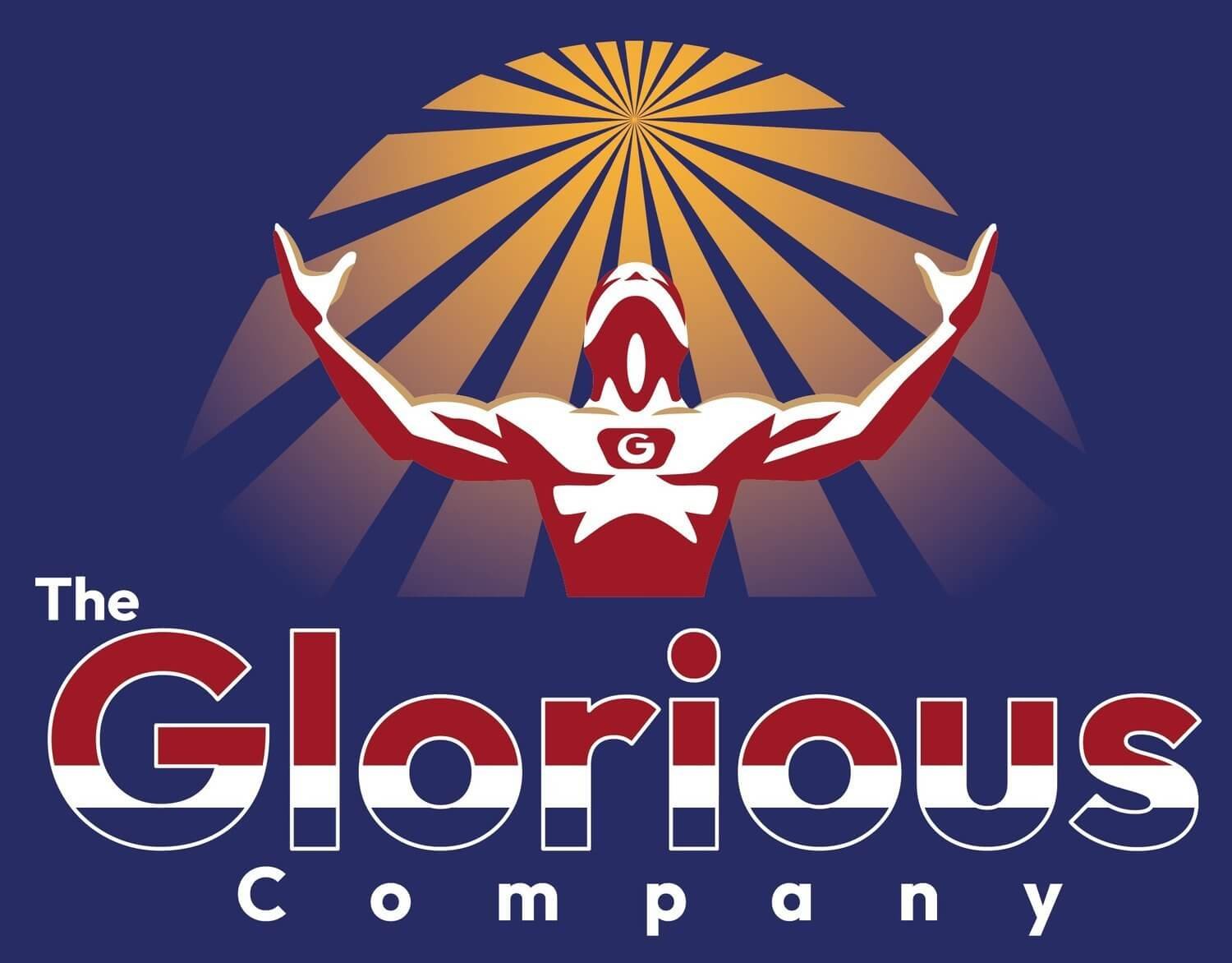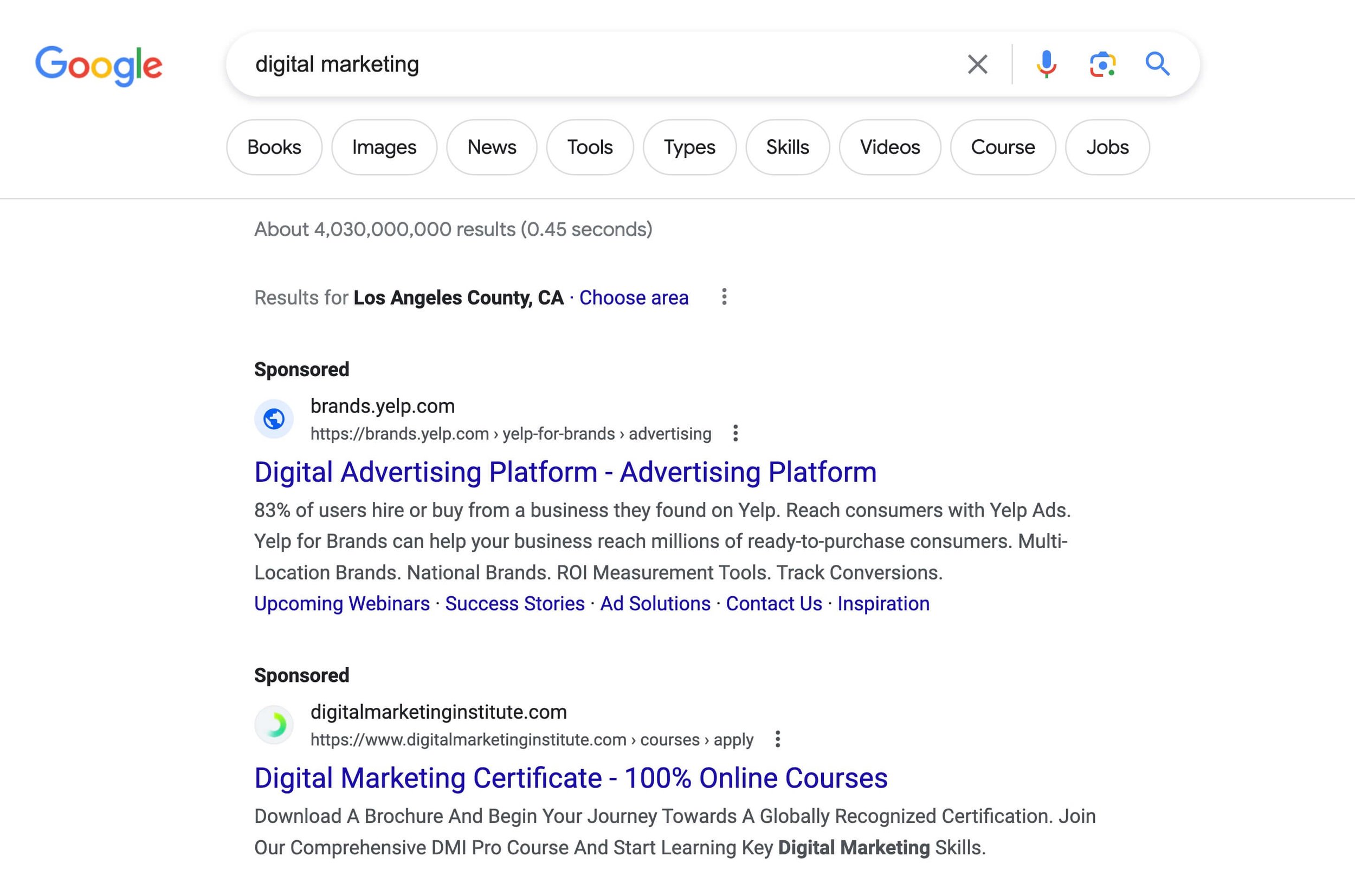Content Marketing vs Digital Marketing: What’s the Difference?
The Glorious Company Team
Benefits and Disadvantages of Content Marketing
Benefits and Disadvantages of Digital Marketing
The Difference Between Content Marketing vs Digital Marketing
How to Use Content Marketing and Digital Marketing to Complement Each Other
Determine How Content Marketing and Digital Marketing Can Work for Your Business
It’s easy to mix up content marketing vs digital marketing because they sound almost identical and are part of the broader concept of online marketing. In today's modern marketplace, organizations are always looking for ways to reach and engage their target audience. Content marketing and digital marketing are popular techniques in the service of this goal. Both aim to increase organic traffic and conversions, but their methods differ.
What Is Content Marketing?
You’ll know what content marketing is based on its ability to increase brand awareness, bring in customers, and promote products and services.
To attract and engage a brand’s target audience, content marketing requires the development of valuable information. This can be done through:
Blogs
Case studies
Articles
Landing pages
Social media posts
Videos
Infographics
Each type of content marketing has a distinct function and appeals to different target audiences.
Blogs allow businesses to delve into industry niche issues and offer insight and thought leadership. Emails are useful for lead nurturing and customer retention. Case studies highlight how a business' products and services have benefited customers, making them a powerful tool toward the bottom of the sales funnel. Articles and landing pages educate potential buyers to nudge them toward making decisions. Social media posts let businesses communicate with their audience on social platforms by providing sharable content. Infographics and videos are visually appealing ways to convey information.
What Is Digital Marketing?
Digital marketing involves a wider range of tactics to promote products or services on the Internet. Digital marketing involves SEO (organic search), PPC (pay-per-click advertising), and social media advertising.
Credit: Google
By optimizing a website's structure, content, and technical factors, SEO boosts a business’ organic search visibility. Businesses will rank higher in search engine results by optimizing their webpages, meta descriptions, page load times, internal linking, and navigation.
Businesses can receive targeted visits to their websites, by paying a fee every time their ad is clicked, with PPC advertising. PPC advertising appears in search engine results pages (SERPs) when people search for keywords linked to a business' products or services. Pay-per-click means businesses only pay when users click their ads. Businesses can gain quick brand awareness and targeted traffic with this type of advertising.
Social media advertising uses social platforms like Twitter and Facebook to reach their intended demographic. Demographics, user interest, and user activity data can be used to target audiences with ads. Social media ads can show in users' feeds, stories, or sidebars, allowing businesses to reach their target audience with more personalization. 71% of today’s consumers expect businesses to provide personalized interactions, according to McKinsey.
Benefits and Disadvantages of Content Marketing
There are numerous benefits to content marketing.
First, content marketing attracts potential clients with high-value information and answers to their questions. This strengthens consumer relationships and builds brand authority. Businesses will establish trust with their audience by constantly producing high-quality content.
Search engine rankings improve with content marketing as well because your customers find you organically on the Internet. Websites with relevant information that addresses customer pain points rank higher in search engines. Businesses will be able to boost their search engine rankings and organic traffic by continuously publishing engaging content for their audience. As a result, content marketing can raise brand awareness, too.
However, content marketing has some disadvantages. Creating engaging, high-quality content takes time, expertise, and hard work. Don’t expect to gain more keyword rankings, search visibility, and organic traffic overnight. Planning, research, and sound content strategy are needed to create an effective content marketing strategy.
But in the long term, with enough high-quality and interrelated content that’s SEO-friendly, you’ll likely be rewarded with more organic traffic, leads, and customers.
Benefits and Disadvantages of Digital Marketing
Digital marketing has several advantages.
You can quickly modify strategies across various marketing channels. Businesses can immediately increase or reduce ad spend based on how their digital ads are performing on a monthly basis. Similarly, you can experiment with different social media platforms to determine where your business has the most success. Based on real-time data and insights, this flexibility allows organizations to maximize resource allocation.
Digital marketing also makes explosive, early growth possible. By running PPC campaigns or paid social ads, you can put your brand in front of your audience right away. There’s no need to take months or even years to build trust with them until they organically follow you.
Targeting and personalisation are also significant strengths in digital marketing. PPC and social media advertising allow firms to accurately target their ideal audience based on demographics, interests, habits, and other factors. This tailored approach increases the likelihood of reaching the appropriate people with the correct message, improving conversion rates and return on ad spend.
However, digital marketing has challenges, too. Digital advertising is competitive, making it hard for small firms to stand out. In popular industries, rising ad costs might make it hard for smaller businesses to compete. Digital marketing can be considered intrusive and disruptive as well, as paid ads aren’t necessarily the best for a person’s user experience on a website or app.
The Difference Between Content Marketing vs Digital Marketing
Content marketing and digital marketing differ.
Content marketing is a more subtle and instructional approach to educate potential consumers and move them through the sales funnel. This strategy takes time, but it builds trust in a brand’s content over the long term. From blogging and website content to ebooks and case studies further down the sales funnel, content answers questions and addresses pain points, creating customers in the process.
SEO and PPC advertising are more transactional and direct. Producing immediate action from site visitors is the goal. SEO improves organic search rankings and brand visibility by optimizing website content and structure. When visitors land on a webpage from organic search, they’re persuaded to take a specific action like sign up for an email newsletter or make an outright purchase.
PPC advertising displays targeted ads to people based on their search queries, giving businesses immediate visibility. Once you click on these ads, you usually land on a product or landing page, where you’re prompted to take action.
In short, content marketing is a long-term investment that pays off for brands when their content reaches a large enough audience…which takes time. Digital marketing, in contrast, pays off immediately with a spike in signups or purchases. Yet if you stop the SEO campaign or PPC ads, the signups or purchases decline as well.
How to Use Content Marketing and Digital Marketing to Complement Each Other
To enhance outcomes, content marketing and digital marketing can work together. Businesses will enhance organic search visibility by integrating SEO into content creation. For example, you can optimize a new blog post that you’ve just published on your website for organic search and then conduct a backlink-building outreach campaign at the same time.
Digital marketing can also boost brand awareness and reach through targeted PPC advertising and social media promotion. For example, you use social media paid ads to promote your new piece of content, whether that’s a blog post, case study, or ebook.
Budget limits, KPIs, and appropriate metrics must be considered when combining content marketing and digital marketing. Understanding these aspects allows organizations to make informed decisions and design a comprehensive marketing strategy that leverages both approaches.
Website traffic, conversion rates, engagement levels, and customer feedback can be monitored and analyzed to find areas for development. Businesses may improve their content and digital marketing strategies, resource allocation, and performance by using data and analytics.
Determine How Content Marketing and Digital Marketing Can Work for Your Business
In the digital age, content marketing and digital marketing can be used as part of a comprehensive content strategy to boost business growth and engagement. Digital marketing produces instant visibility and exact targeting, while content marketing builds trust and thought leadership over the long term. Together, they work to build a consummate lead-generation machine and sales funnel for businesses of all sizes.
Businesses will be able to increase their online brand exposure, attract high-quality traffic and leads, and boost conversions by combining content marketing's instructive and nurturing approach with direct digital marketing methods like SEO and PPC advertising.
If you’re looking for a content marketing and digital marketing agency to work with for your online campaigns, reach out to us at The Glorious Company today for a short discovery meeting!
Have any questions? Keep the conversation going by leaving a comment below!
Related blog posts you don’t want to miss:
How to Choose a Digital Marketing Agency in 2023
What Is Content Marketing? What You Need to Know
How to Start a Blog and Make Money in 2023
Note: This is a guest post by Revelo, a leading platform. Revelo offers a wide range of services, including facilitating the hiring of Latin American software professionals for US-based companies.







